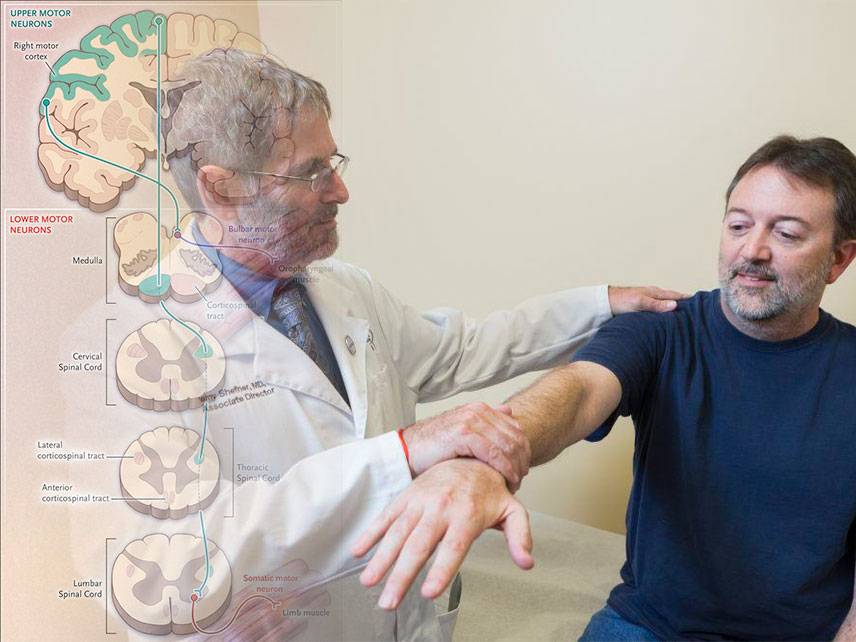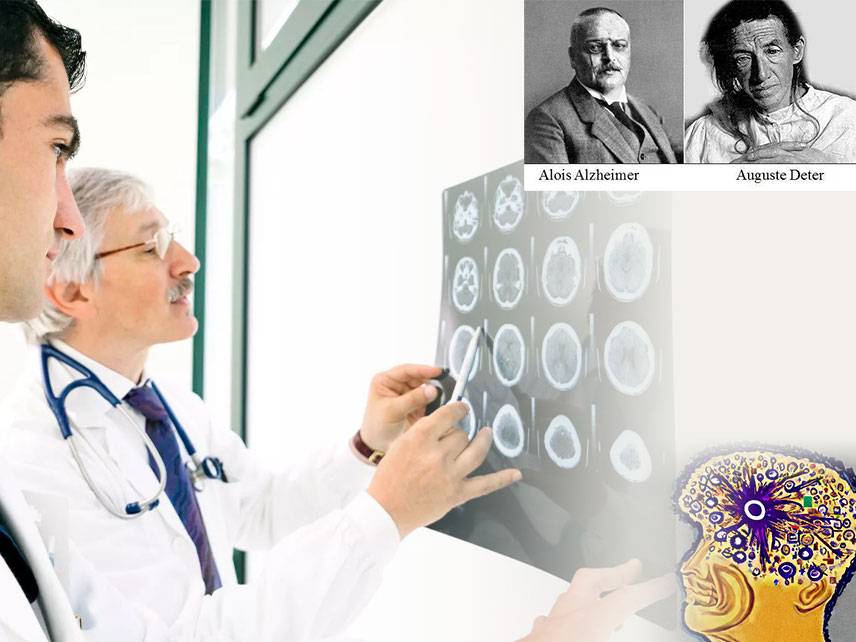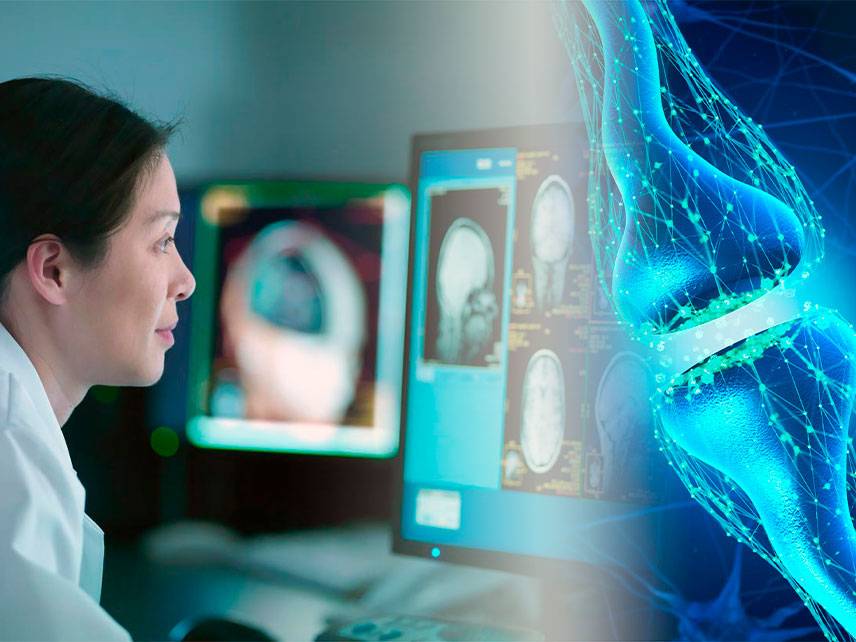
What is Dementia: symptoms, causes, diagnosis, treatment.
Dementia is a progressive neurological disorder characterized by a decline in cognitive function that affects memory, thinking, language, judgment and behavior. Symptoms of dementia can include memory loss, difficulty with communication and language, difficulty with reasoning and judgment, difficulty with orientation to time and place, and changes in behavior and personality. Causes of dementia can vary, but can include diseases such as Alzheimer's, vascular dementia, Parkinson's, and Huntington's disease. Diagnosis of dementia can include a physical exam, neurological testing, laboratory tests, imaging tests, and a mental status evaluation. Treatment of dementia can include medications, lifestyle changes, psychosocial interventions, and supportive care.







